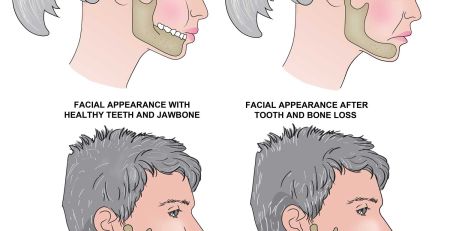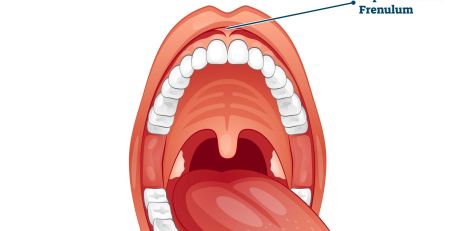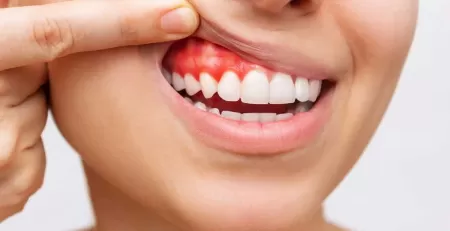Table of Contents
Caffeine is one of the most widely consumed stimulants worldwide, found in coffee, tea, energy drinks, and other products.
Caffeine is a widely consumed stimulant in coffee, tea, energy drinks, and other beverages. While it provides a temporary energy boost, it’s crucial to understand its potential effects on oral health.
Mental Health Effects
Numerous studies have investigated the relationship between caffeine consumption and mental health.
Research suggests moderate caffeine intake can enhance cognitive function, memory, and attention span. However, excessive consumption or sensitivity to caffeine may lead to anxiety, irritability, and disrupted sleep patterns. A study published in the Journal of Psychopharmacology found that high caffeine intake was associated with an increased risk of anxiety disorders.
These findings emphasize the importance of moderation when consuming caffeinated beverages.
- Cognitive Function and Alertness: Caffeine has been shown to improve cognitive function, including attention, memory, and reaction time. Caffeine blocking adenosine receptors in the brain promotes wakefulness and increases mental alertness. Moderate caffeine consumption can boost productivity and mental performance in many individuals.
- Anxiety and Sleep Disruption: While caffeine can enhance focus, excessive consumption or sensitivity to caffeine may increase anxiety symptoms. Caffeine stimulates the central nervous system and can cause restlessness, jitters, and even panic attacks in susceptible individuals. Additionally, consuming caffeine close to bedtime can disrupt sleep patterns, reducing sleep quality and potentially exacerbating anxiety symptoms.
- Dependency and Withdrawal: Regular caffeine consumption can lead to dependency, where individuals may experience withdrawal symptoms upon cessation. These symptoms can include headaches, fatigue, irritability, and difficulty concentrating. Monitoring caffeine intake and considering gradually reducing consumption if dependency becomes a concern is essential.
Oral Health Effects

Caffeine can positively and negatively affect oral health, especially when consumed as coffee or tea.
While it may temporarily increase saliva production, which aids in rinsing away bacteria and food particles, excessive caffeine intake can lead to dehydration and dry mouth.
A dry mouth reduces saliva flow, increasing the risk of tooth decay, gum disease, and bad breath. Frequent sugary or acidic caffeinated beverages can also contribute to enamel erosion and tooth discolouration.
- Saliva Production and Dry Mouth: Caffeine, especially when consumed in large quantities, can contribute to dehydration and result in a dry mouth. A dry mouth reduces saliva flow, crucial in maintaining oral health. Saliva helps wash away food particles, neutralize acids, and prevent bacterial growth. Therefore, excessive caffeine intake can increase the risk of oral health issues such as tooth decay, gum disease, and bad breath.
- Teeth-Staining: Certain caffeinated beverages like coffee, tea, and cola cause tooth staining. The dark pigments in these beverages can gradually penetrate the enamel, resulting in yellowing or discolouration of the teeth. Regular consumption and inadequate oral hygiene practices can exacerbate this staining effect, leading to an unsightly smile.
- Impact on Tooth Enamel: Caffeine can contribute to enamel erosion, particularly in acidic drinks like coffee and some energy drinks. Acidic beverages weaken the protective enamel layer, making teeth more susceptible to decay, sensitivity, and other dental problems. It’s essential to be mindful of the caffeine content and the beverages’ acidity to minimize potential enamel damage.
While caffeine can benefit mental and oral health when consumed in moderation, excessive intake may lead to adverse effects. It is essential to balance and be mindful of caffeine consumption to maintain optimal mental and oral well-being. As with any health-related topic, it is advisable to consult with a healthcare professional for personalized guidance based on your individual needs.
References
- Juliano LM, Griffiths RR. (2004). A critical review of caffeine withdrawal: empirical validation of symptoms and signs, incidence, severity, and associated features.
- Nehlig A. (2010). Is caffeine a cognitive enhancer? Journal of Alzheimer’s Disease.
- Winston AP, Hardwick E, Jaberi N. (2005). Neuropsychiatric effects of caffeine. Advances in Psychiatric Treatment.
- Al-Dwairi ZN, et al. (2019). Caffeinated beverages and their overall effect on oral health. Oral Health & Preventive Dentistry.
- Yang S, et al. (2019). Evaluation of the effect of caffeine on the erosion of enamel and dentin: An in-vitro study.
- Carvalho TS, et al. (2017). Influence of caffeine on the development of caries lesions in enamel: an experimental in situ study with a crossover design. Caries Research.









